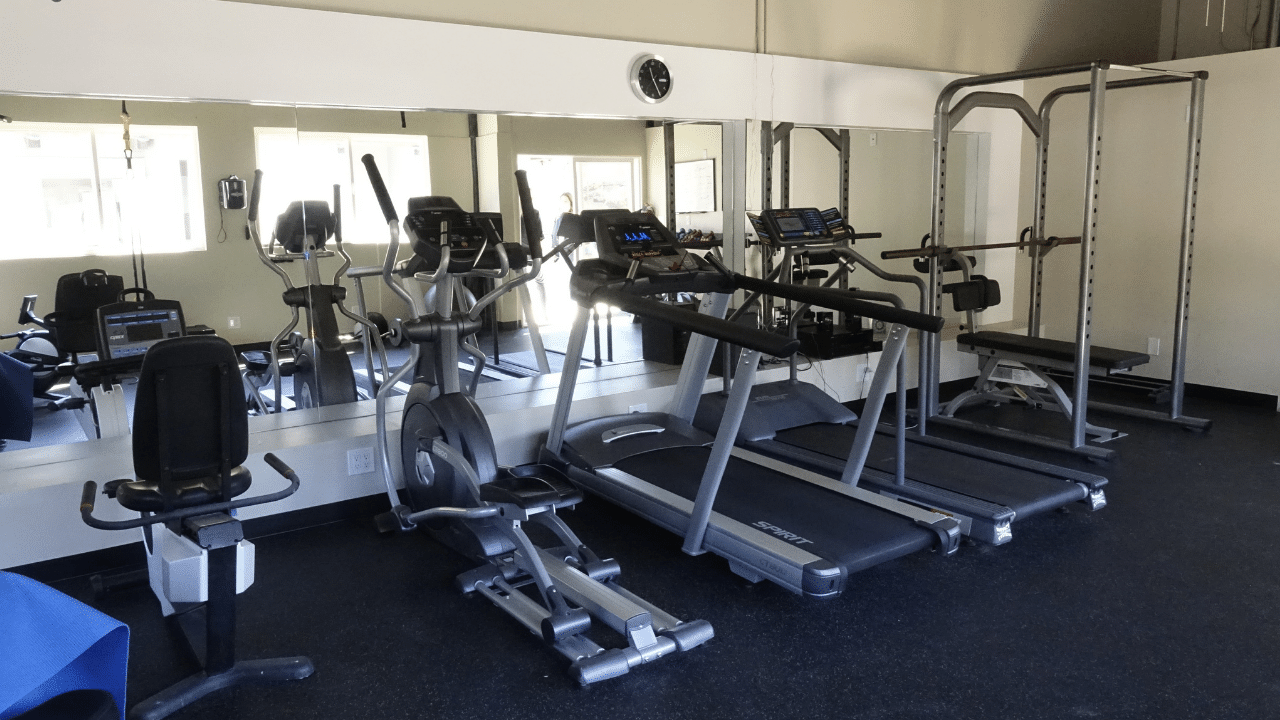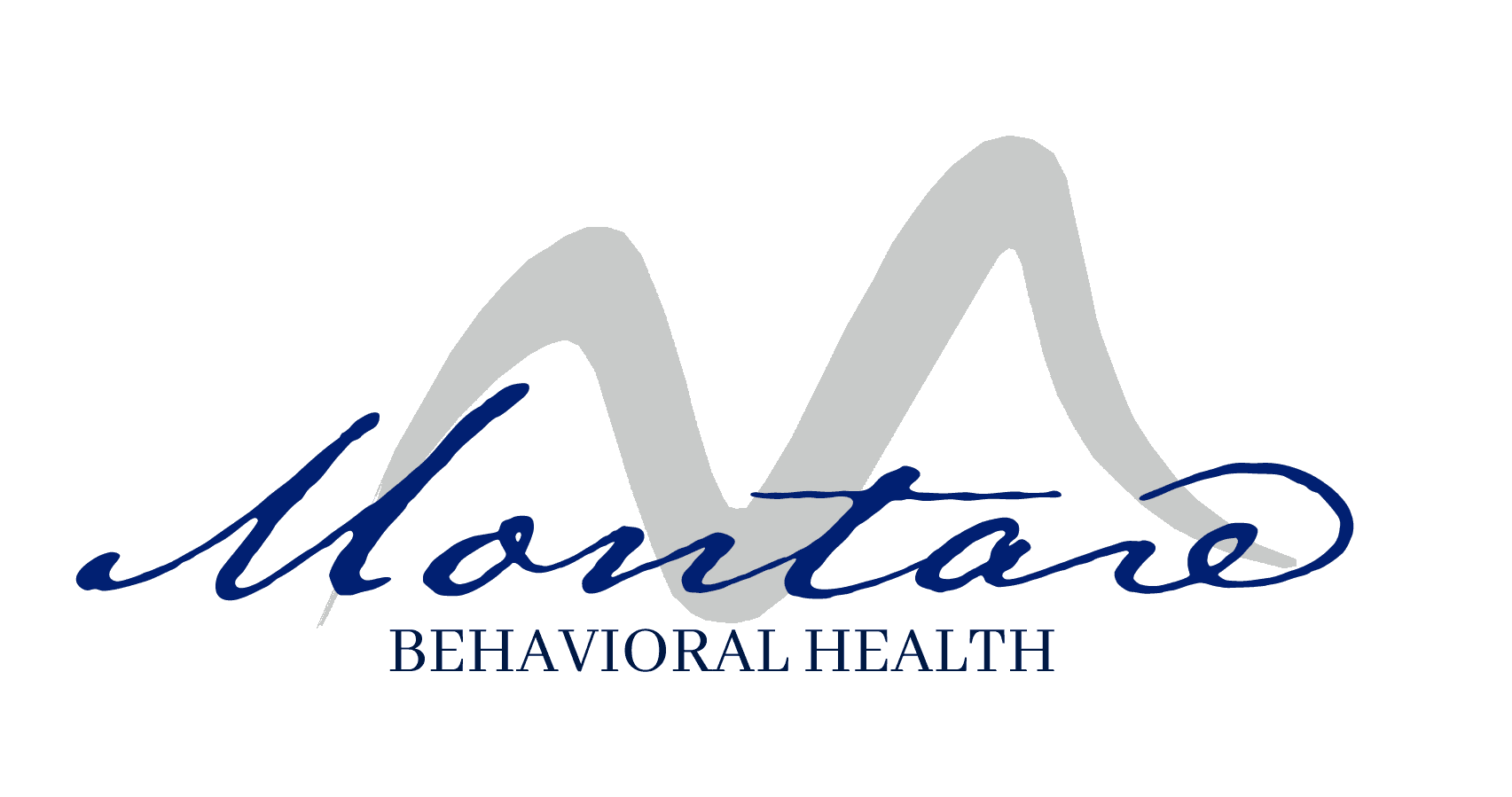Montare at the Canyon understands the complexity and challenges that individuals with mood disorders face daily. We are dedicated to helping people regain balance, stability, and an improved quality of life. With our highly trained mental health professionals, evidence-based and holistic treatments, and serene surroundings, we offer a safe haven for healing and recovering from mood disorders. Our goal is to enable our patients with personalized treatment plans to help them achieve better mental health and well-being.
What Is Mood Disorder Treatment?
Mood disorder treatment refers to a variety of therapeutic interventions and strategies designed to address and manage mood disorders such as depression, bipolar disorder, and anxiety disorders. Our mental health services help alleviate symptoms, improve functioning, and enhance overall well-being for individuals struggling with these conditions.
Mood disorder treatment usually involves a combination of psychotherapy, medication management, group therapy, holistic approaches, and lifestyle changes. The purpose of treatment is to reduce symptoms while also developing coping skills, stress management techniques, and prevention strategies for long-term recovery.
Request a Confidential Callback
You have reached the maximum form entries. To contact our admissions team, please call 310-651-8957
What Are Mood Disorders?
Mood disorders are a category of mental health conditions that cause significant changes or disturbances to an individual’s mood or emotional state. They can affect a person’s ability to function, cope with daily life, and maintain healthy relationships.
Types of Mood Disorders
Major Depressive Disorder (MDD):
Individuals with MDD experience persistent feelings of hopelessness, sadness, and a loss of interest in activities they once enjoyed. Symptoms include:
- Lack of energy
- Changes in appetite or weight
- Sleep disturbances
- Difficulty concentrating or making decisions
- Feelings of worthlessness or guilt
- Thoughts of self-harm.
- Social isolation
- Severe cases can increase the risk of suicide
Bipolar Disorder:
Bipolar disorder consists of two main phases: the depressive phase, with similar symptoms to MDD, and the manic phase, with elevated moods. During manic episodes, individuals exhibit the following symptoms:
- Racing thoughts
- Inflated self-esteem
- Decreased need for sleep
- Increased talkativeness
- Elevated energy levels
- An intense desire to pursue pleasurable activities
- Poor judgment
- Risk-taking behaviors
Persistent Depressive Disorder (PDD):
PDD involves chronic but milder depressive symptoms that persist for an extended period, generally at least two years in adults or one year in children. The symptoms can impact work, school, relationships, and daily functioning if left untreated.
Seasonal Affective Disorder (SAD):
SAD is a type of depression that occurs during specific seasons. It is more common in winter when there is less sunlight. Symptoms include:
- Increased sleep
- Lack of energy
- Weight gain
- Fatigue
- Difficulty concentrating
- A general sense of sadness or hopelessness
People diagnosed with SAD tend to experience symptoms annually during the same season, which can have a major impact on an individual’s ability to function normally.
Anxiety Disorders:
Anxiety disorders are not normally considered mood disorders. However, they often co-occur with mood disorders and can significantly affect one’s emotional state. Anxiety disorders have symptoms such as excessive worry or fear, restlessness, irritability, and nervousness.
Other mood disorders people can experience include hypomania, disruptive mood dysregulation, and premenstrual dysphoric disorder.
How Are Mood Disorders Treated?
Mood disorders are treated using a combination of therapeutic interventions, holistic therapies, and medication management, including:
- Psychotherapy: Different types of psychotherapy may be used, such as cognitive-behavioral therapy (CBT), interpersonal therapy (IPT), or dialectical behavior therapy (DBT).
- Medication: In many cases, medication management is an integral part of treating mood disorders. The type of medications prescribed depends on the specific diagnosis and symptoms.
- Lifestyle Changes: Implementing healthy lifestyle changes can help improve mood, including exercise, eating a healthy diet, getting sufficient sleep, and learning coping techniques to alleviate stress and other symptoms.
- Support Groups: Support groups provide the opportunity to connect with others experiencing mood disorders and share experiences to help gain knowledge from others and how they manage their conditions.
- Holistic Approaches: Holistic therapies, such as yoga, meditation, art therapy, music therapy, and mindfulness, are beneficial in treating mood disorders.
- TMS or ECT: In cases where other treatments are ineffective, transcranial magnetic stimulation (TMS) or electroconvulsive therapy (ECT) may be considered. These therapies involve targeted stimulation of specific brain areas related to mood regulation.

Levels of Care for Mood Disorder Treatment:
- Inpatient Programs: Inpatient programs provide a highly structured and supervised environment where individuals can receive intensive therapy, medication management, and 24/7 support.
- PHP: Partial hospitalization programs (PHP) are an option for individuals who require intensive treatment but do not require 24-hour care. PHPs provide comprehensive treatment during the day, allowing individuals to return home in the evenings.
- IOP: Intensive Outpatient Programs (IOP) offer a structured treatment approach for individuals and provide more flexibility than PHPs. IOPs allow individuals to continue their everyday commitments and routines while receiving intensive treatment
Benefits of Going to Treatment for Mood Disorders
Inpatient/Residential Treatment:
- Intensive Support
- Structured Environment
- Crisis Management
- Round-the-clock Supervision
Partial Hospitalization Program (PHP):
- Comprehensive Treatment
- Flexibility to Return Home in the Evenings
- Ideal When Transitioning from Inpatient Care
Intensive Outpatient Program (IOP):
- Continued Structure and Support
- More Flexibility for Daily Commitments
- Continued Community and Peer Support
- Suited for Individuals that Require Minimal Supervision
Benefits of Medication for Mood Disorder Treatment
Medication can be valuable when treating mood disorders and offers the following benefits:
- Can reduce the intensity and frequency of symptoms
- Help stabilize moods
- Alleviate depressive episodes
- Control anxiety levels
- Prevent manic or hypomanic episodes
- Allow individuals to better manage their daily lives
- Can increase treatment response time
- Help individuals regain stability
- Brings relief from distressing symptoms
- Restores the ability to engage in daily activities
- Helps maintain productive relationships
- Makes it easier to pursue personal goals




Contact Montare at the Canyon About Our Mood Disorder Treatment
When you are looking for effective mood order treatment in California, Montare at the Canyon in Los Angeles is here to help. Our dedicated professionals are committed to providing compassionate and comprehensive care personalized to your needs.
Take the first step to improved mental health and well-being by contacting us today.


